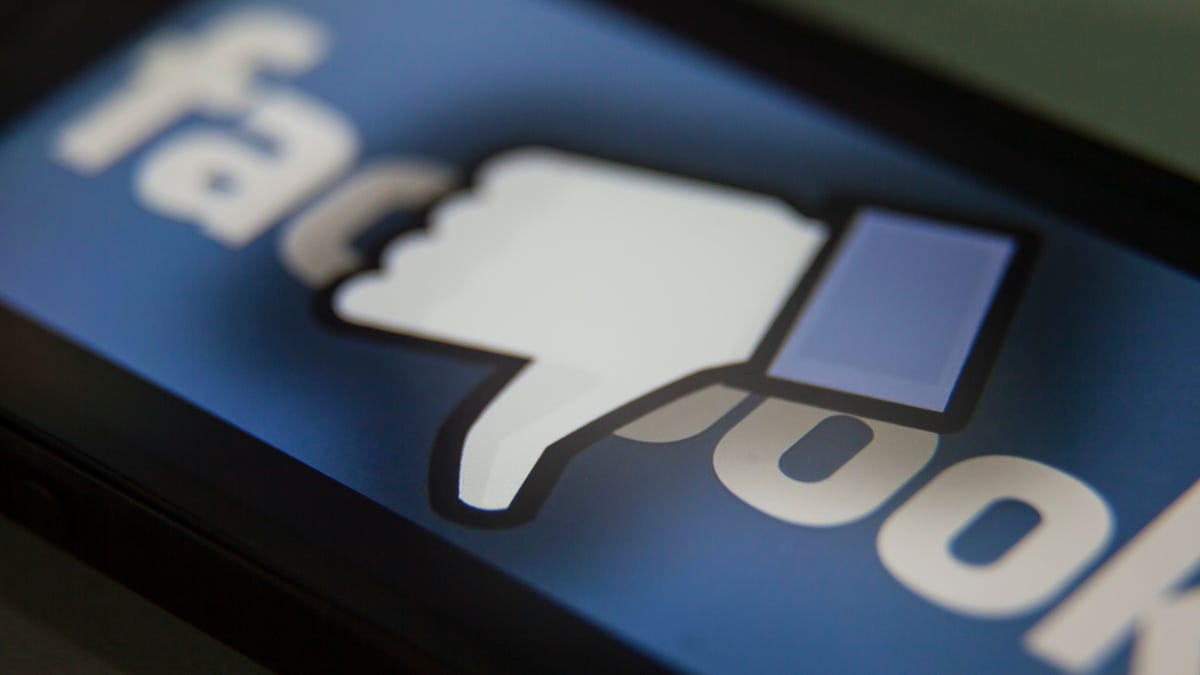Facebook lets advertisers target insecure teens, says report
Leaked documents allegedly show how Facebook helps brands find teenagers in their most vulnerable moments.
When the world's got you down, there's nothing better than commercials for a little pick-me-up.
Leaked documents from Facebook's team in Australia allegedly show the social giant's ability to help advertisers target teens who feel "worthless." The documents, first revealed by The Australian, say Facebook can spot when teens "need a confidence boost."
The documents reportedly get even more specific, saying Facebook's algorithm can pinpoint when teens feel "useless," "stressed," "failure," "silly," "stupid," "worthless" and "defeated." Using Facebook's tools as well as image recognition, advertisers would be able to find teens in some of their lowest moments -- and then target ads to them.
This isn't the first time the social network's algorithmic advertising has caused trouble. In November, Facebook pulled an ad tool that excluded people based on their "ethnic affinity." Studies have shown that social media has been linked to lower self-esteem for young people, with strong ties between using social networks and body image issues.
The leaked documents also detailed how advertisers could use Facebook's algorithms to find teens who were interested in "working out and losing weight" and promote health products, according to The Australian. Facebook's team in Australia was reportedly looking to capitalize on 6.4 million teens who use the social network in their region.
Facebook denied the allegations and called the article's premise "misleading."
"Facebook does not offer tools to target people based on their emotional state," the social network said in its official response on Sunday. "The analysis done by an Australian research was intended to help marketers understand how people express themselves on Facebook. It was never used to target ads and based on data that was anonymous and aggregated."
The company admitted the research didn't follow protocol and said it was reviewing details surrounding the mistakes.
With 1.2 billion people using the social network every day, Facebook is an advertiser's gold mine. More than 5 million companies are trying to get their products into your news feed each month.
It's Complicated: This is dating in the age of apps. Having fun yet? These stories get to the heart of the matter.
Tech Enabled: CNET chronicles tech's role in providing new kinds of accessibility.


